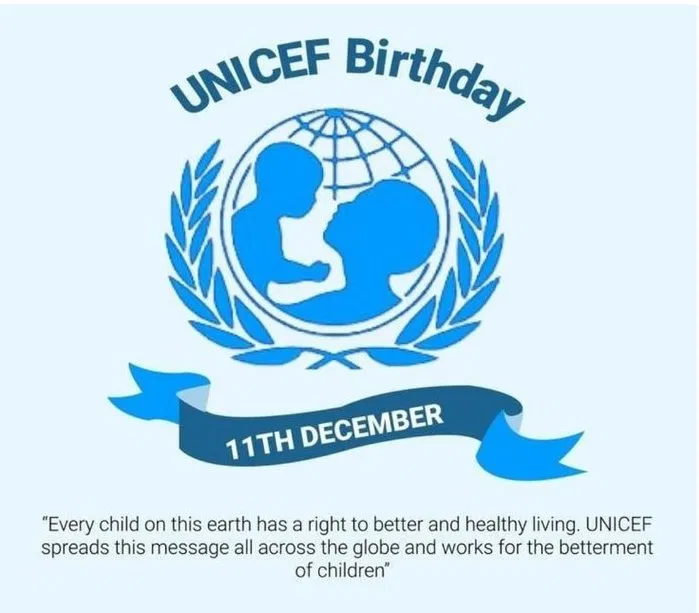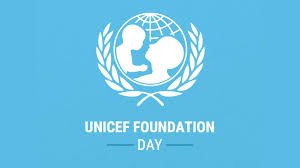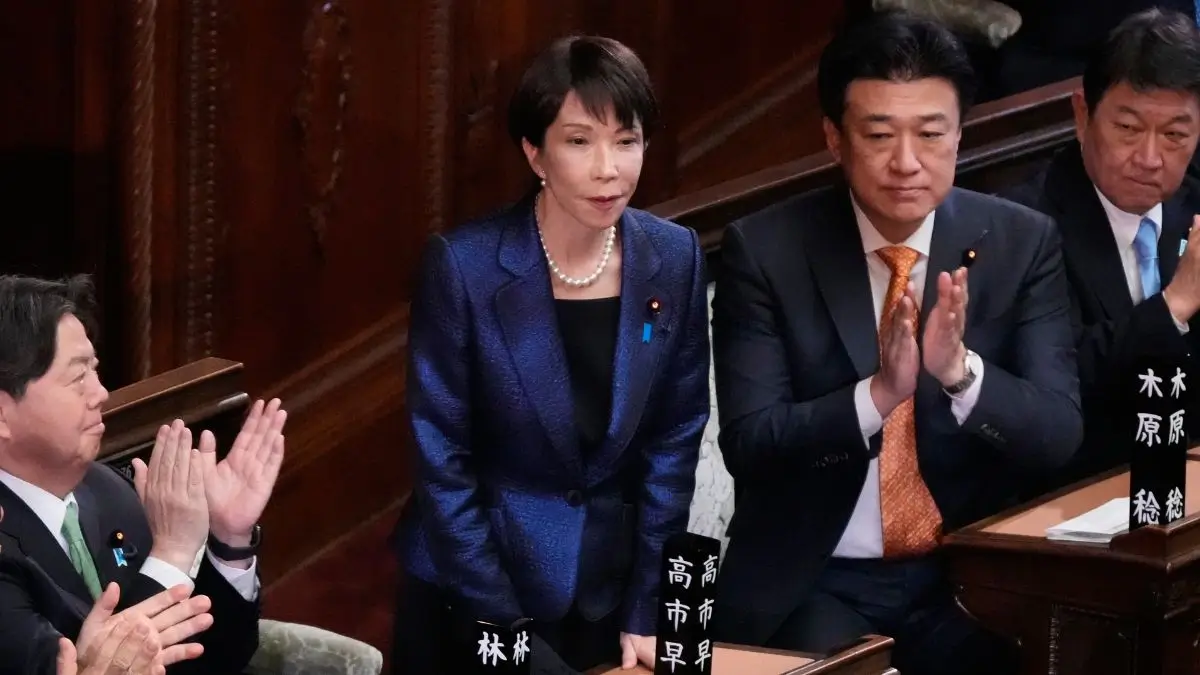78th UNICEF Foundation Day: Celebrating Achievements and the Path Ahead
The UNICEF Foundation Day, celebrated annually on December 11, marks the establishment of the United Nations Children’s Fund (UNICEF) in 1946. As an integral part of the United Nations system, UNICEF works tirelessly to advocate for the protection of children’s rights, ensure their basic needs are met, and help them realize their potential. This year marks the 78th anniversary of UNICEF, a day to reflect on its remarkable journey in improving the lives of children worldwide.
UNICEF’s Role in Global Child Welfare
UNICEF was founded to address the immediate and ongoing needs of children in post-World War II Europe. Today, the organization works across more than 190 countries and territories. Its mission remains focused on supporting children in crisis zones, providing life-saving aid, promoting education, and ensuring every child has a fair chance to grow and thrive.
Throughout the decades, UNICEF has expanded its initiatives to include health care, vaccination programs, gender equality, and child protection. Its global presence allows it to partner with governments, civil society, and other UN agencies to implement policies that benefit vulnerable children and communities.
Key Achievements of UNICEF Over the Years
Over the years, UNICEF has been instrumental in reducing child mortality rates, improving access to education, and advocating for the rights of children. The organization played a pivotal role in the global campaign to eradicate polio and continues to work toward the elimination of preventable diseases. In addition to providing vaccines and medical supplies, UNICEF’s education programs have brought millions of children in conflict zones back to school.
Furthermore, UNICEF has been at the forefront of addressing child labor, child marriage, and other harmful practices, while also promoting gender equality and empowering girls through education.

Why this News is Important
UNICEF’s Influence in Shaping Child Rights Policies
UNICEF’s role is crucial in shaping global child rights policies and frameworks. It influences the policy decisions of various governments and provides data and research that are critical for shaping educational, health, and social policies around the world. For students preparing for exams, understanding UNICEF’s influence on global child welfare policies is essential, especially in contexts like social welfare, international relations, and developmental studies.
Impact on Government and International Institutions
UNICEF’s efforts are also tied to government initiatives and international cooperation. Its programs and reports are integral in pushing for reforms in both local and global contexts. The organization’s annual reports and data on child well-being are often referenced in global discussions on public policy, making it essential knowledge for those studying governance, economics, and human rights in international relations.
Historical Context: The Birth and Growth of UNICEF
UNICEF was established on December 11, 1946, by the United Nations General Assembly to provide emergency food and healthcare to children in countries that had been devastated by World War II. Originally, UNICEF’s efforts were focused primarily on Europe, but its mandate quickly expanded to support children in other parts of the world.
In 1953, UNICEF became a permanent part of the United Nations, and since then, its role has expanded significantly to include advocacy for children’s rights and welfare globally. Over the years, UNICEF has been involved in countless humanitarian crises, from natural disasters to armed conflicts, ensuring that children receive the protection and care they need.
Key Takeaways from the 78th UNICEF Foundation Day
| Serial Number | Key Takeaway |
|---|---|
| 1 | UNICEF was founded on December 11, 1946, to provide emergency aid to children in post-World War II Europe. |
| 2 | UNICEF operates in over 190 countries, addressing issues such as child protection, health, education, and gender equality. |
| 3 | The organization has significantly contributed to reducing child mortality rates and improving access to education globally. |
| 4 | UNICEF’s annual reports are widely used to influence child welfare policies at both local and international levels. |
| 5 | The Foundation Day highlights UNICEF’s continuous efforts to protect and empower children, advocating for their rights and welfare. |
Important FAQs for Students from this News
What is UNICEF Foundation Day?
UNICEF Foundation Day marks the establishment of the United Nations Children’s Fund (UNICEF) on December 11, 1946. The day is observed to reflect on UNICEF’s contributions to global child welfare.
Why was UNICEF originally established?
UNICEF was created to provide emergency food, healthcare, and other essential services to children in countries devastated by World War II, particularly in Europe.
What are some of the key achievements of UNICEF over the years?
UNICEF has significantly reduced child mortality rates, helped increase access to education, advocated for gender equality, and worked towards the elimination of harmful practices such as child labor and child marriage.
How does UNICEF impact global child welfare policies?
UNICEF plays a critical role in shaping global child welfare policies by providing data, research, and recommendations that influence governments and international organizations.
In how many countries does UNICEF operate?
UNICEF operates in more than 190 countries and territories, working to improve the well-being of children through various programs related to health, education, and child protection.
Some Important Current Affairs Links

















